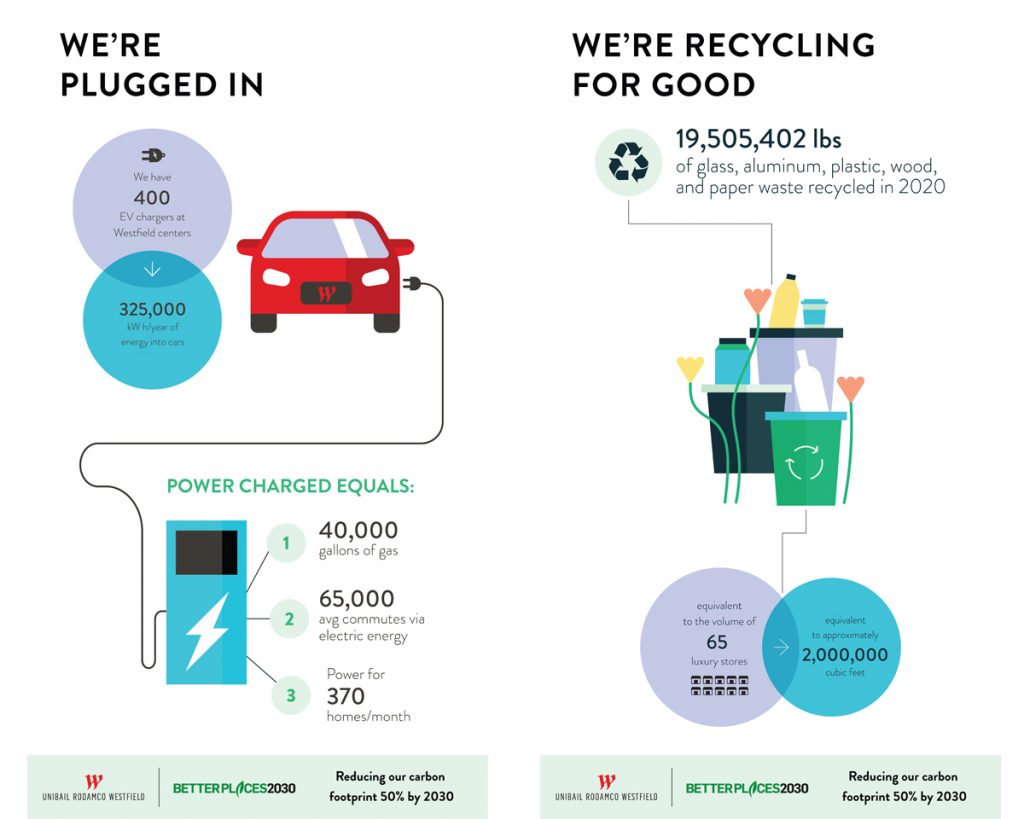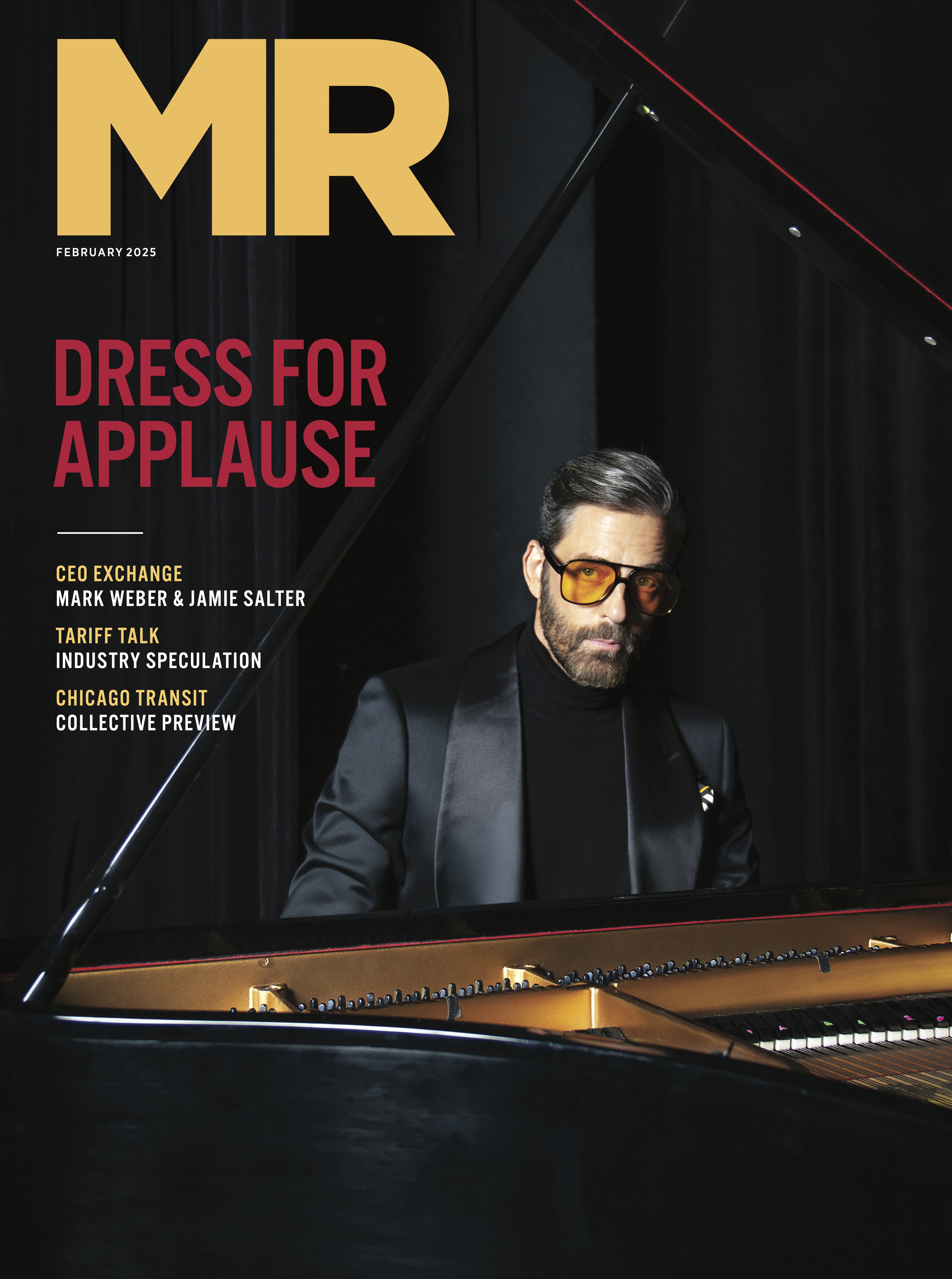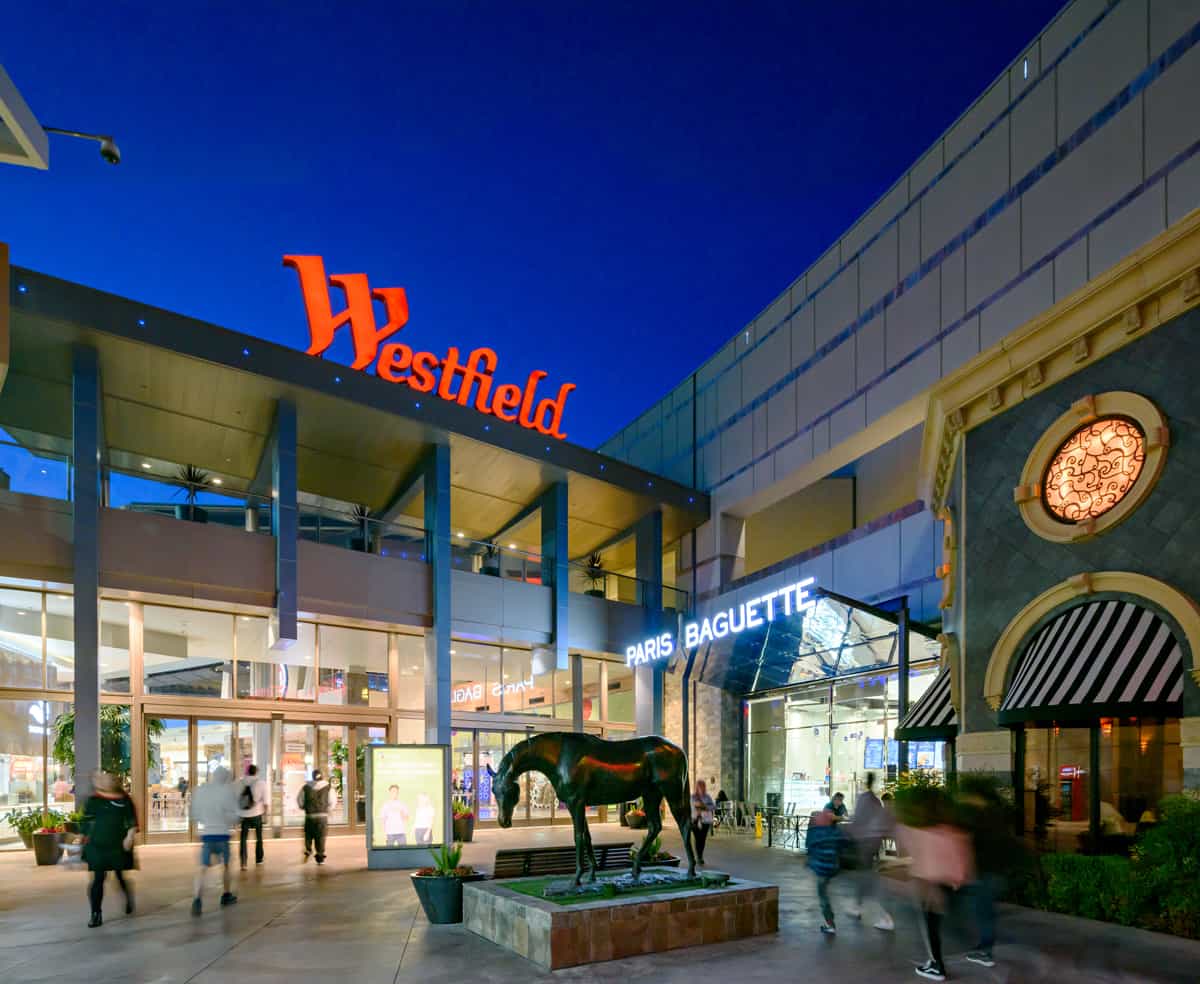CONSUMERS WILLING TO PAY MORE FOR SUSTAINABLE GOODS

As Earth Day draws near. stories about sustainability and eco-consciousness are on the rise, but while running a profitable store, a retailer must think about whether the added mark-up of a green product is worth it. Sure, it can be an encouragement — just like Made in USA or “new-and-improved” can — but does it make the cash register ring?
According to a new survey by the global developer and operator Unibail-Rodamco-Westfield (URW), most consumers are willing to pay a premium for environmentally sustainable items. The survey shows that sustainability is at the forefront of most consumers’ minds when making purchasing decisions and highlights consumer attitudes, behaviors, and desires around being increasingly environmentally conscious. The research is based on a survey of over 6,500 Westfield shoppers across the United States.
“Sustainability is important and a top measure of our success, which is why we’re always looking at new and better ways to reduce our environmental footprint and strengthen our social impact. We are committed to serving our communities by focusing on areas like solar energy, utility management, water conservation, and increasing accessibility to electric vehicle charging stations,” said Shelly Schembre, Senior Vice President of Shopping Center Management Operations, URW. “Conducting surveys to gather insights is one way we are listening to our shoppers; we then use that information to inform how we expand our efforts through strategic partnerships and programs.”
Westfield shoppers are willing to pay more for sustainable goods
Sustainably sourced goods often come with a higher price tag, but most consumers (90%) said that they are willing to pay a premium to purchase items that meet their environmentally sustainable criteria. The willingness to pay a price increase ranges, with at least 60% of respondents willing to pay a 10% mark up for products they consider sustainable and 10% even willing to pay between 25% and 40% more.
Reducing food waste tops consumers’ eco-consciousness list
Among shopping center categories, Westfield shoppers have the highest expectations around eco-consciousness for food (75%), health & beauty (48%), and fashion (39%). When asked about food sustainability, consumers like to see locally sourced produce, farm-to-table, donations of excess food, and composting programs.
Helping the environment by reusing, recycling, and repair
Consumers care about the environment and are doing their own part to make a positive impact on the planet. Eight in 10 (79%) Westfield shoppers say they reuse, recycle, and upcycle. In fact, over half (55%) buy items with less packaging; 43% consolidate deliveries to reduce packaging waste; and 43% have reduced their meat consumption.
Three in four (74%) have brought their own reusable tote to a grocery store, and 59% have brought one to a non-grocery store. Over half (54%) purchase items made from recycled materials, half participate in clothing/shoe recycling, and 45% repair items instead of tossing.
Hybrid and electric vehicles gaining momentum around Westfield centers
Westfield shoppers have a high adoption percentage for hybrid and electric vehicle ownership at 29%, compared to 7% nationally – over 1 in 10 (12%) own an electric vehicle and 2 in 10 (21%) have a hybrid vehicle. In addition, a tenth of Westfield customers arrived by car to center locations in an electric vehicle and of these, 21% charged the vehicle on site.

URW itself found that the trends emerging from the survey align with its own commitments to environmental sustainability. The company’s Better Places 2030 strategy to reduce its greenhouse gas emissions by 50% by the year 2030 also includes mandates to send zero waste to landfills and integrate circular economy design solutions by 2025.


